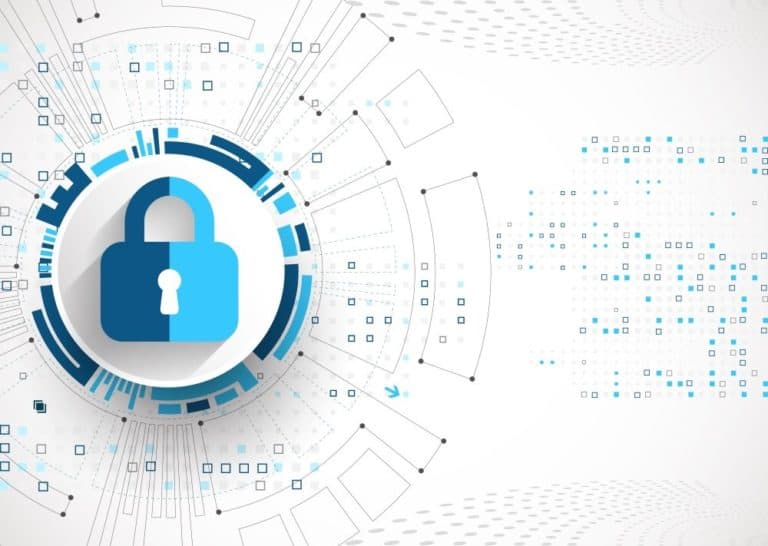Google is strongly criticized for a feature that has recently been enabled on the web browser Chrome. Users who have Chrome 69 or newer and log in to a Google service are also automatically logged in to the web browser. It’s an update that Google hasn’t released and one that has serious consequences for user privacy.
This is the Google Sync feature, a system that allows users to log into Chrome with their Google Account. If desired, they can upload local browser data (including history, passwords, favorites and other data) to, and synchronize with, the search giant’s servers.
Automatically logged in
Sync has been present in Chrome for several years, but until now the system worked independently of Google accounts. This made it possible for users to be logged in to a Google Account, without uploading Chrome browser data to the Google servers. The browse data can be linked to the user account.
But the new Chrome has an automatic system for logging in users. In this way, Google can map the browsing behaviour of a user, linked to a specific browser and specific device. With emphasis on the can, because according to Google employees, after automatically logging in, no local data is synchronized with the company’s servers. This still requires explicit permission.
Precisely for privacy
Although the mechanism may have serious implications for the privacy of users, the technicians on Twitter claim that the system was introduced precisely in order to improve privacy. This has to do with shared computers and browsers. If one or more users use the same browser, it can happen that incorrect information is linked.
Nevertheless, criticism persists. Professor Matthew Green of John Hopkins University, for example, writes that Google has also completely redesigned the Sync account interface. As a result, it would no longer be clear to users whether they are logged in and which button they should use to start synchronizing. According to him, it is a dark pattern, a term that is used for interfaces that are deliberately designed to be misleading.
This news article was automatically translated from Dutch to give Techzine.eu a head start. All news articles after September 1, 2019 are written in native English and NOT translated. All our background stories are written in native English as well. For more information read our launch article.